The Mighty B Vitamins: Unveiling the Key Roles of Vitamin B Complex
When it comes to maintaining optimal health, vitamins play a vital role. Among the essential vitamins, the B vitamins, known as the "B vitamin complex," are a group of nutrients that are involved in numerous bodily functions. In this blog post, we will unravel the mysteries surrounding the mighty B vitamins and explore their significant roles in supporting overall well-being.
Whole grains: Choose whole wheat, brown rice, oats, and quinoa.
Legumes: Incorporate beans, lentils, and chickpeas into your meals.
Nuts and seeds: Snack on almonds, sunflower seeds, and flaxseeds.
Pork and meats: Opt for lean cuts of pork, such as tenderloin.
Dairy products: Include milk, yogurt, and cheese in your daily diet.
Lean meats: Enjoy chicken, turkey, and lean cuts of beef.
Leafy green vegetables: Incorporate spinach, kale, and broccoli.
Fortified cereals: Choose whole grain cereals fortified with riboflavin.
Meat and poultry: Consume lean cuts of beef, chicken, and turkey.
Fish: Enjoy salmon, tuna, and sardines, which are rich in niacin.
Whole grains: Opt for whole wheat bread, brown rice, and oats.
Legumes: Include beans, lentils, and peas in your meals.
Eggs: Enjoy the yolk, as it is a rich source of biotin.
Nuts and seeds: Snack on almonds, walnuts, and sunflower seeds.
Legumes: Incorporate beans, lentils, and soybeans into your meals.
Whole grains: Opt for oats, brown rice, and whole wheat bread.
Sweet potatoes: Include this nutritious root vegetable in your diet.
Meat and poultry: Consume beef, chicken, and lamb for vitamin B12.
Fish and seafood: Enjoy salmon, trout, clams, and shrimp.
Dairy products: Include milk, yogurt, and cheese in your diet.
Eggs: Opt for this versatile source of vitamin B12.
It's important to note that cooking methods can impact the vitamin B content in foods. To preserve the vitamin B complex, consider steaming or lightly sautéing vegetables and opting for baking or grilling meats instead of deep-frying.
Incorporating these food sources into your diet will provide you with a range of essential B vitamins, including biotin, to support various bodily functions and overall well-being. Remember to focus on consuming a diverse range of nutrient-rich foods to obtain the benefits of the entire vitamin B complex.
Signs of Deficiency and Recommended Intake
Inadequate intake of B vitamins can lead to various deficiency symptoms. Here are some common signs that may indicate a deficiency in certain B vitamins:
Thiamine (B1): Research has shown that thiamine deficiency can lead to a condition called beriberi, which affects the nervous and cardiovascular systems. Others include fatigue and muscle weakness.
Whole Foods First: It's recommended to prioritize obtaining your vitamins from a balanced and varied diet consisting of whole foods. This allows for a synergistic interaction of various nutrients and provides additional benefits beyond individual vitamins. Whole foods are also rich in fiber, antioxidants, and other beneficial compounds that support overall health.

Quality and Safety: If you decide to take supplements, it's essential to choose reputable brands that undergo rigorous testing for quality and safety. Look for third-party certifications, such as USP or NSF, which ensure that the product meets certain standards.
Personalized Guidance: Consulting a healthcare professional, such as a registered dietitian or doctor, can provide personalized guidance based on your specific health needs and circumstances. They can help determine if supplementation is necessary, provide recommendations on suitable products, and ensure they won't interact with any medications or health conditions you may have.
Remember, the goal is to prioritize obtaining vitamins from whole food sources whenever possible. Supplements should be used judiciously and under the guidance of a healthcare professional to ensure safety and effectiveness.
Conclusion
Vitamin B complex plays a crucial role in supporting various aspects of our health and well-being. From energy metabolism to brain function, these essential nutrients contribute to the proper functioning of our bodies on multiple levels. Incorporating a diverse range of foods into our diet allows us to obtain the full spectrum of B vitamins, as they are found in various plant and animal sources.
While supplementation may be necessary or beneficial in certain cases, it's important to approach it with caution. Always consult a healthcare professional or registered dietitian to determine if supplementation is necessary, select high-quality supplements, and ensure they are appropriate for your specific needs.
With knowledge and conscious choices, you can optimize your intake of these essential nutrients and support your overall health. So, let the B vitamins be a vibrant part of your health journey, and enjoy the benefits they bring to your body and mind.
What is Vitamin B Complex?
Vitamin B complex refers to a group of water-soluble vitamins that play crucial roles in various bodily functions. This group includes eight distinct vitamins: B1 (thiamine), B2 (riboflavin), B3 (niacin), B5 (pantothenic acid), B6 (pyridoxine), B7 (biotin), B9 (folate), and B12 (cobalamin). Each of these vitamins has its unique properties and functions, but they all work together synergistically to support overall health and well-being.
Vitamin B complex refers to a group of water-soluble vitamins that play crucial roles in various bodily functions. This group includes eight distinct vitamins: B1 (thiamine), B2 (riboflavin), B3 (niacin), B5 (pantothenic acid), B6 (pyridoxine), B7 (biotin), B9 (folate), and B12 (cobalamin). Each of these vitamins has its unique properties and functions, but they all work together synergistically to support overall health and well-being.
Vitamin B complex is involved in the conversion of carbohydrates, fats, and proteins into energy, making it essential for maintaining optimal metabolism. Additionally, these vitamins play key roles in the synthesis of red blood cells, the maintenance of a healthy nervous system, and the production of DNA and RNA. They also contribute to brain function, hormone synthesis, and immune system modulation.
Research has shown the importance of vitamin B complex in various aspects of health. For instance, a study published in the journal Nutrients found that adequate intake of B vitamins, particularly B6, B12, and folate, may help reduce the risk of cognitive decline and support healthy brain aging. Another study published in the American Journal of Clinical Nutrition highlighted the role of B vitamins, particularly B6, B12, and folate, in promoting cardiovascular health by lowering levels of homocysteine, an amino acid associated with increased risk of heart disease.
It's important to note that vitamin B complex is water-soluble, meaning it is not stored in the body for long periods and needs to be replenished regularly through dietary sources. Cooking methods and food processing can also affect the vitamin content, so opting for fresh, minimally processed foods is beneficial to preserve the nutrient value.
The Roles and Benefits of Vitamin B Complex
Vitamin B complex is a group of essential water-soluble vitamins that play a crucial role in maintaining overall health and well-being. Each B vitamin has its own unique functions and benefits in the body.
It's important to note that vitamin B complex is water-soluble, meaning it is not stored in the body for long periods and needs to be replenished regularly through dietary sources. Cooking methods and food processing can also affect the vitamin content, so opting for fresh, minimally processed foods is beneficial to preserve the nutrient value.
The Roles and Benefits of Vitamin B Complex
Vitamin B complex is a group of essential water-soluble vitamins that play a crucial role in maintaining overall health and well-being. Each B vitamin has its own unique functions and benefits in the body.
Let's explore the various B vitamins and their specific roles.
Thiamine (B1): Thiamine is essential for converting carbohydrates into energy, supporting healthy nerve function, and promoting proper muscle contraction.
Riboflavin (B2): Riboflavin plays a key role in energy production, cell growth, and antioxidant defense, contributing to healthy skin, eyes, and red blood cell production.
Niacin (B3): Niacin aids in energy metabolism, DNA repair, and the maintenance of healthy skin. It also supports cardiovascular health by promoting favorable lipid profiles.
Pantothenic Acid (B5): Pantothenic acid is involved in energy production, hormone synthesis, and the formation of red blood cells. It also supports skin health and wound healing.
Pyridoxine (B6): Pyridoxine is crucial for brain development, neurotransmitter synthesis, and the metabolism of proteins and carbohydrates. It also contributes to immune function and mood regulation.
Biotin (B7): Biotin is known as the "beauty vitamin" for its role in promoting healthy hair, skin, and nails. It is involved in energy metabolism and the production of fatty acids.
Folate (B9): Folate is essential for DNA synthesis, red blood cell formation, and neural tube development in pregnant women. It also supports cognitive function and helps reduce the risk of certain birth defects.
Cobalamin (B12): Cobalamin is vital for nerve function, DNA synthesis, and the production of red blood cells. It is especially important for vegetarians and vegans as it is primarily found in animal-derived foods.
Riboflavin (B2): Riboflavin plays a key role in energy production, cell growth, and antioxidant defense, contributing to healthy skin, eyes, and red blood cell production.
Niacin (B3): Niacin aids in energy metabolism, DNA repair, and the maintenance of healthy skin. It also supports cardiovascular health by promoting favorable lipid profiles.
Pantothenic Acid (B5): Pantothenic acid is involved in energy production, hormone synthesis, and the formation of red blood cells. It also supports skin health and wound healing.
Pyridoxine (B6): Pyridoxine is crucial for brain development, neurotransmitter synthesis, and the metabolism of proteins and carbohydrates. It also contributes to immune function and mood regulation.
Biotin (B7): Biotin is known as the "beauty vitamin" for its role in promoting healthy hair, skin, and nails. It is involved in energy metabolism and the production of fatty acids.
Folate (B9): Folate is essential for DNA synthesis, red blood cell formation, and neural tube development in pregnant women. It also supports cognitive function and helps reduce the risk of certain birth defects.
Cobalamin (B12): Cobalamin is vital for nerve function, DNA synthesis, and the production of red blood cells. It is especially important for vegetarians and vegans as it is primarily found in animal-derived foods.
Food Sources of Vitamin B Complex
To ensure an adequate intake of B vitamins, it's important to incorporate a variety of foods into your diet. Here are some excellent sources of vitamin B complex:Vitamin B1 (Thiamine):
Whole grains: Choose whole wheat, brown rice, oats, and quinoa.
Legumes: Incorporate beans, lentils, and chickpeas into your meals.
Nuts and seeds: Snack on almonds, sunflower seeds, and flaxseeds.
Pork and meats: Opt for lean cuts of pork, such as tenderloin.
Vitamin B2 (Riboflavin):
Dairy products: Include milk, yogurt, and cheese in your daily diet.
Lean meats: Enjoy chicken, turkey, and lean cuts of beef.
Leafy green vegetables: Incorporate spinach, kale, and broccoli.
Fortified cereals: Choose whole grain cereals fortified with riboflavin.
Meat and poultry: Consume lean cuts of beef, chicken, and turkey.
Fish: Enjoy salmon, tuna, and sardines, which are rich in niacin.
Whole grains: Opt for whole wheat bread, brown rice, and oats.
Legumes: Include beans, lentils, and peas in your meals.
Vitamin B5 (Pantothenic Acid):
Organ meats: Liver and kidney are excellent sources of pantothenic acid.
Whole grains: Choose whole wheat, brown rice, and whole grain cereals.
Avocado: Enjoy this creamy fruit as a source of pantothenic acid.
Eggs: Include eggs in your diet for their nutrient content.
Organ meats: Liver and kidney are excellent sources of pantothenic acid.
Whole grains: Choose whole wheat, brown rice, and whole grain cereals.
Avocado: Enjoy this creamy fruit as a source of pantothenic acid.
Eggs: Include eggs in your diet for their nutrient content.
Vitamin B6 (Pyridoxine):
Poultry: Consume chicken and turkey as lean sources of vitamin B6.
Fish: Enjoy salmon, tuna, and trout for their vitamin B6 content.
Potatoes: Include potatoes, both white and sweet varieties, in your meals.
Bananas: Snack on this delicious fruit for a boost of vitamin B6.
Poultry: Consume chicken and turkey as lean sources of vitamin B6.
Fish: Enjoy salmon, tuna, and trout for their vitamin B6 content.
Potatoes: Include potatoes, both white and sweet varieties, in your meals.
Bananas: Snack on this delicious fruit for a boost of vitamin B6.
Vitamin B7 (Biotin):
Eggs: Enjoy the yolk, as it is a rich source of biotin.
Nuts and seeds: Snack on almonds, walnuts, and sunflower seeds.
Legumes: Incorporate beans, lentils, and soybeans into your meals.
Whole grains: Opt for oats, brown rice, and whole wheat bread.
Sweet potatoes: Include this nutritious root vegetable in your diet.
Vitamin B9 (Folate):
Leafy green vegetables: Spinach, kale, and lettuce are rich in folate.
Legumes: Include beans, lentils, and peas for their folate content.
Citrus fruits: Enjoy oranges, lemons, and grapefruits for vitamin B9.
Fortified grains: Choose cereals and breads fortified with folic acid.
Leafy green vegetables: Spinach, kale, and lettuce are rich in folate.
Legumes: Include beans, lentils, and peas for their folate content.
Citrus fruits: Enjoy oranges, lemons, and grapefruits for vitamin B9.
Fortified grains: Choose cereals and breads fortified with folic acid.
Vitamin B12 (Cobalamin):
Meat and poultry: Consume beef, chicken, and lamb for vitamin B12.
Fish and seafood: Enjoy salmon, trout, clams, and shrimp.
Dairy products: Include milk, yogurt, and cheese in your diet.
Eggs: Opt for this versatile source of vitamin B12.
For individuals following a vegetarian or vegan diet, obtaining vitamin B12 can be challenging as it is primarily found in animal-based foods. In such cases, fortified foods like breakfast cereals, plant-based milk alternatives, and nutritional yeast can help meet vitamin B12 needs.
It's important to note that cooking methods can impact the vitamin B content in foods. To preserve the vitamin B complex, consider steaming or lightly sautéing vegetables and opting for baking or grilling meats instead of deep-frying.
Incorporating these food sources into your diet will provide you with a range of essential B vitamins, including biotin, to support various bodily functions and overall well-being. Remember to focus on consuming a diverse range of nutrient-rich foods to obtain the benefits of the entire vitamin B complex.
Signs of Deficiency and Recommended Intake
Inadequate intake of B vitamins can lead to various deficiency symptoms. Here are some common signs that may indicate a deficiency in certain B vitamins:
Thiamine (B1): Research has shown that thiamine deficiency can lead to a condition called beriberi, which affects the nervous and cardiovascular systems. Others include fatigue and muscle weakness.
Riboflavin (B2): Cracked lips, inflamed tongue, and skin disorders.
Niacin (B3): Pellagra, characterized by dermatitis, diarrhea, and dementia.
Pantothenic Acid (B5): Fatigue, numbness, and tingling in the hands and feet.
Pyridoxine (B6): Anemia, depression, and skin disorders.
Biotin (B7): Hair loss, skin rash, and brittle nails. While biotin deficiency is rare, consuming foods rich in biotin can support optimal health.
Folate (B9): Anemia, fatigue, and neural tube defects in newborns.
Cobalamin (B12): Fatigue, tingling sensations, and neurological problems.
To meet the recommended intake of B vitamins, the Dietary Reference Intake (DRI) varies depending on age, sex, and life stage. It is best to consult with a healthcare professional or a registered dietitian to determine your specific needs.
Precautions and Supplement Use
While obtaining vitamins from whole foods is the ideal approach, there are certain situations where supplementation may be necessary or beneficial. However, it is important to exercise caution and consult a healthcare professional before starting any supplements.Whole Foods First: It's recommended to prioritize obtaining your vitamins from a balanced and varied diet consisting of whole foods. This allows for a synergistic interaction of various nutrients and provides additional benefits beyond individual vitamins. Whole foods are also rich in fiber, antioxidants, and other beneficial compounds that support overall health.
Supplement Considerations: In some cases, dietary supplements may be recommended, such as for individuals with specific nutrient deficiencies or those who follow restrictive diets (e.g., vegan or vegetarian) that may require additional vitamin B12 supplementation. Additionally, certain health conditions or life stages (e.g., pregnancy) may warrant supplement use. However, it's crucial to consult a healthcare professional or a registered dietitian before starting any supplements to ensure they are appropriate for your specific needs.

Quality and Safety: If you decide to take supplements, it's essential to choose reputable brands that undergo rigorous testing for quality and safety. Look for third-party certifications, such as USP or NSF, which ensure that the product meets certain standards.
Personalized Guidance: Consulting a healthcare professional, such as a registered dietitian or doctor, can provide personalized guidance based on your specific health needs and circumstances. They can help determine if supplementation is necessary, provide recommendations on suitable products, and ensure they won't interact with any medications or health conditions you may have.
Remember, the goal is to prioritize obtaining vitamins from whole food sources whenever possible. Supplements should be used judiciously and under the guidance of a healthcare professional to ensure safety and effectiveness.
Conclusion
Vitamin B complex plays a crucial role in supporting various aspects of our health and well-being. From energy metabolism to brain function, these essential nutrients contribute to the proper functioning of our bodies on multiple levels. Incorporating a diverse range of foods into our diet allows us to obtain the full spectrum of B vitamins, as they are found in various plant and animal sources.
While supplementation may be necessary or beneficial in certain cases, it's important to approach it with caution. Always consult a healthcare professional or registered dietitian to determine if supplementation is necessary, select high-quality supplements, and ensure they are appropriate for your specific needs.
With knowledge and conscious choices, you can optimize your intake of these essential nutrients and support your overall health. So, let the B vitamins be a vibrant part of your health journey, and enjoy the benefits they bring to your body and mind.



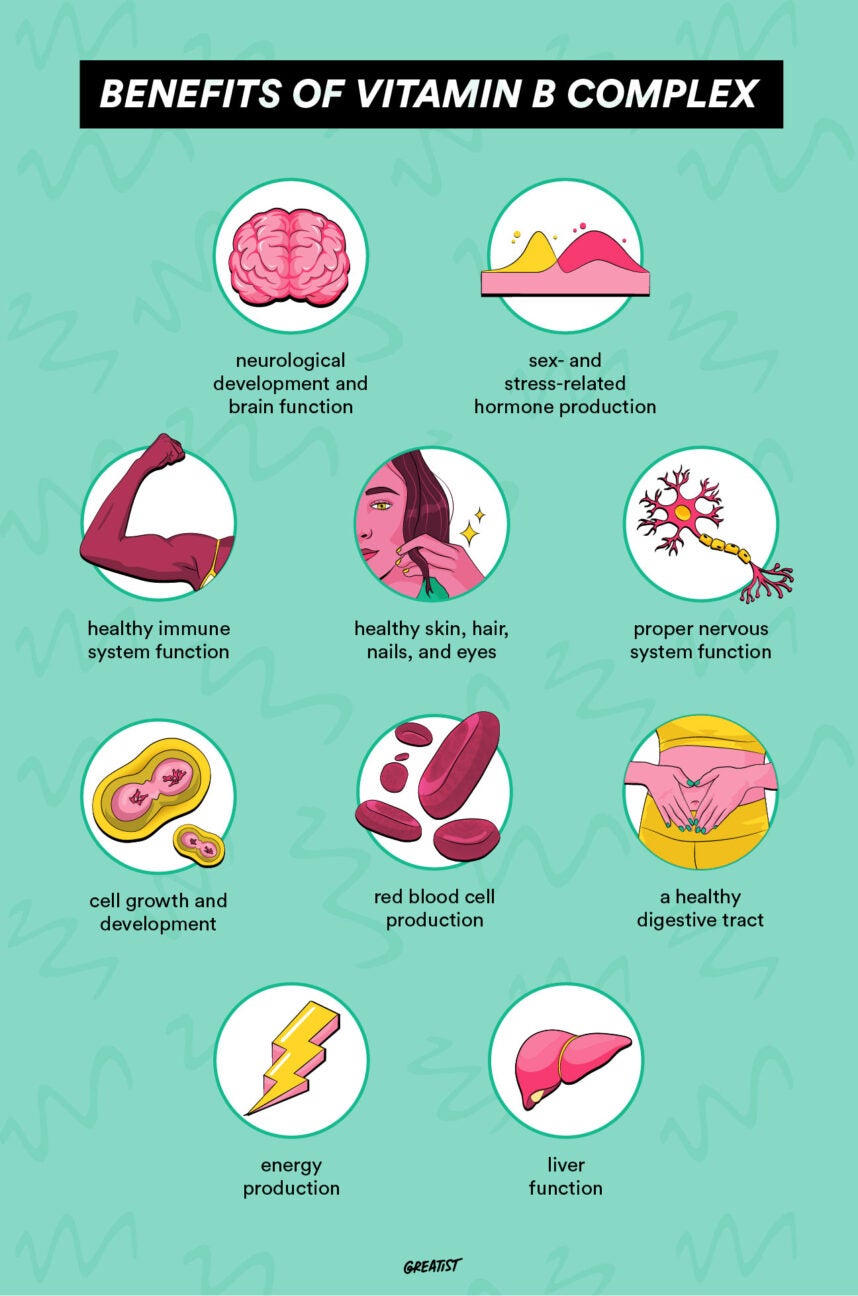

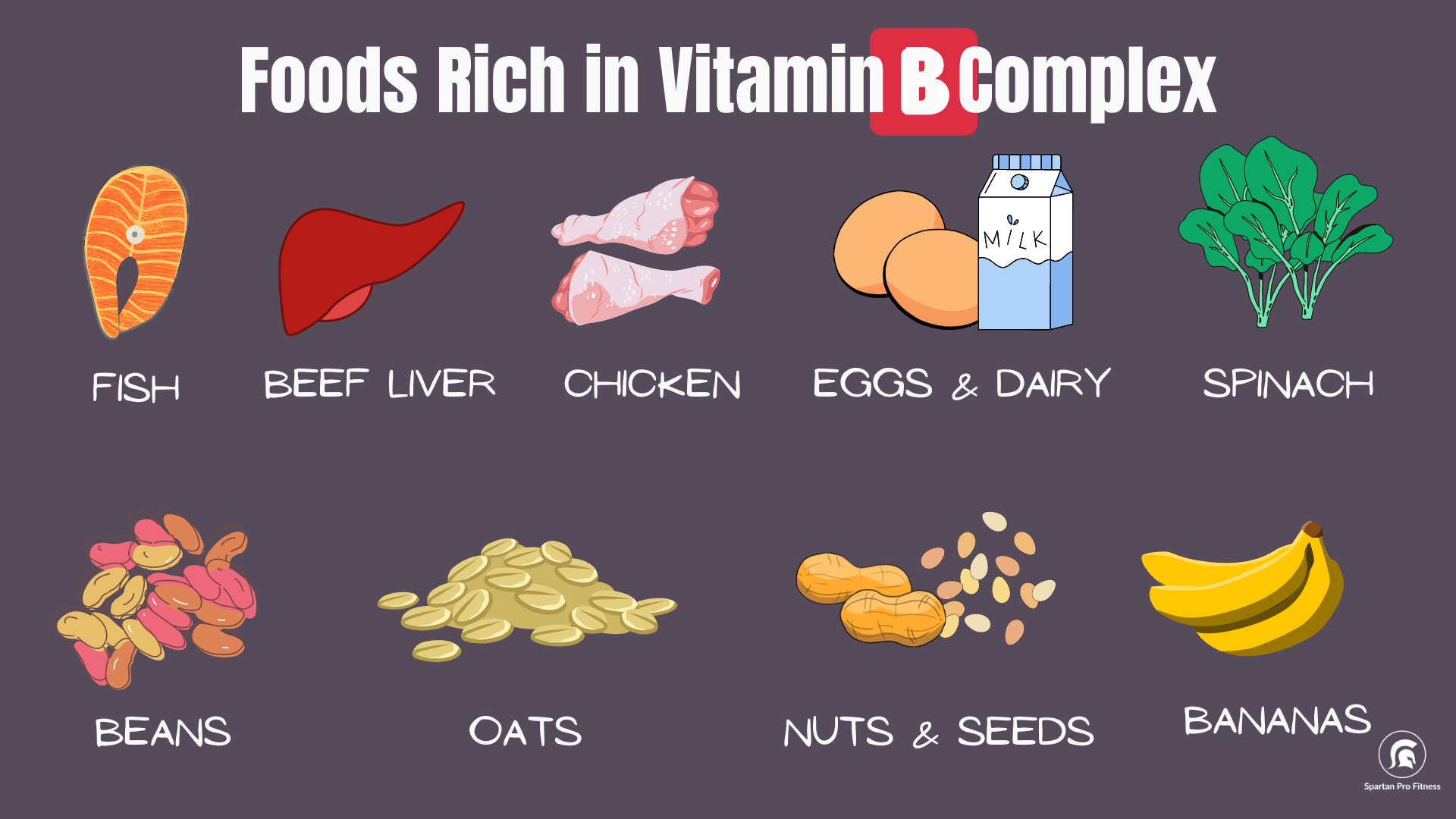
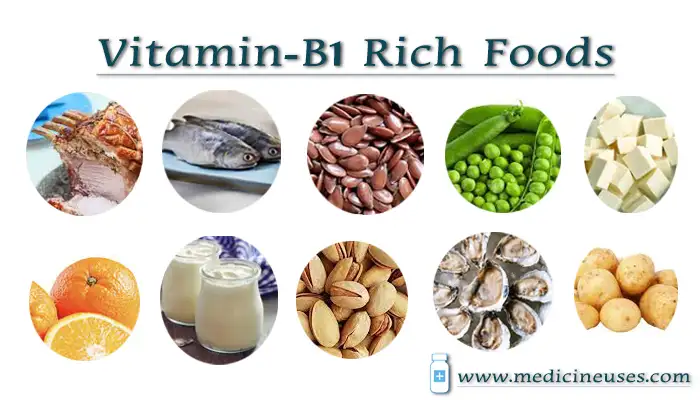
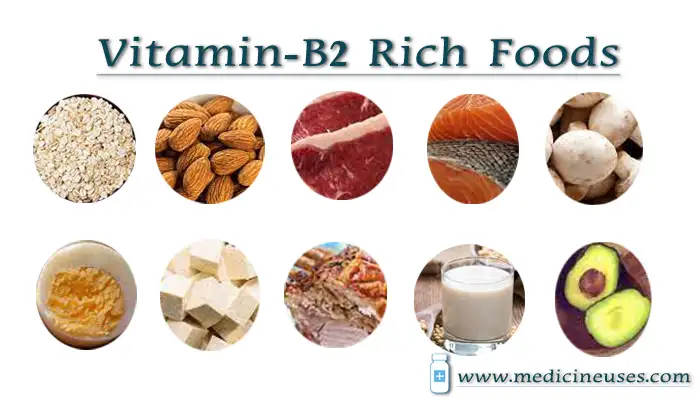

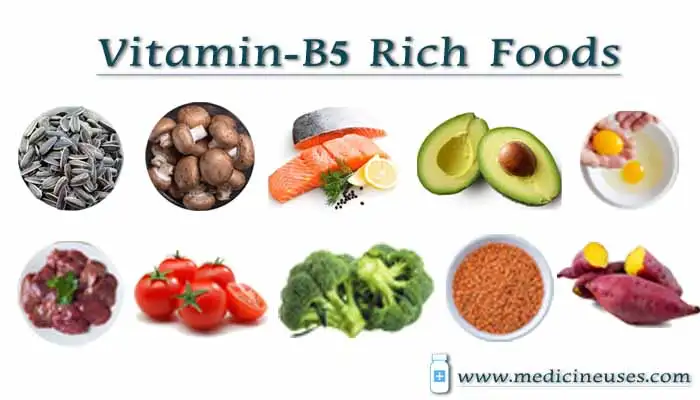
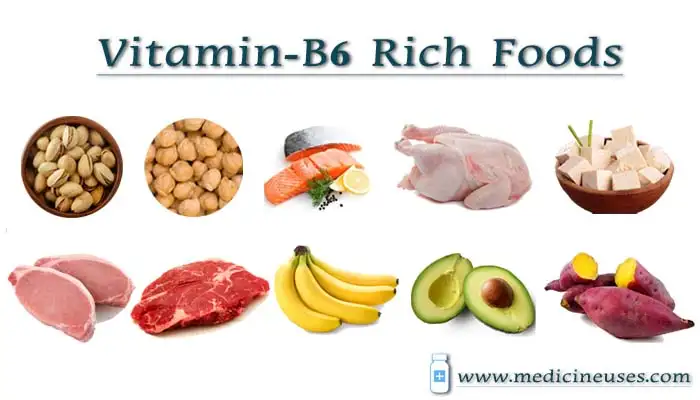
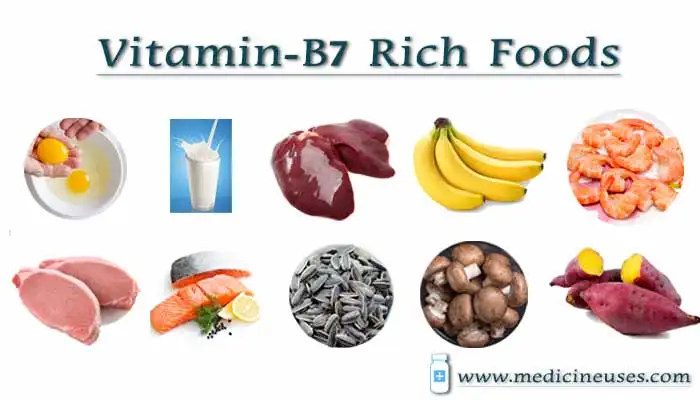
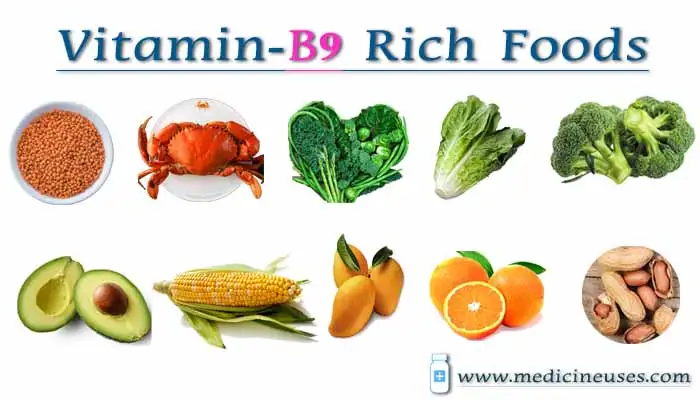



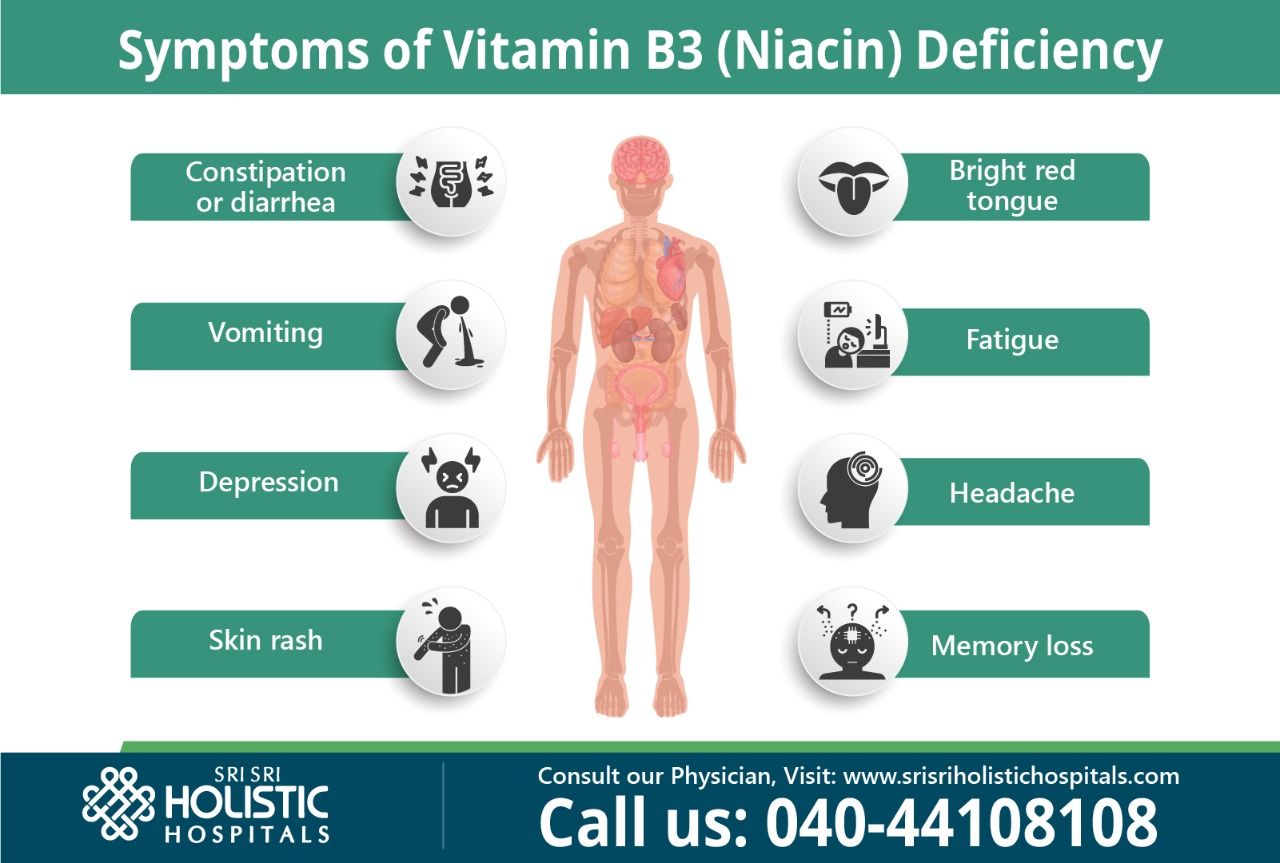


:max_bytes(150000):strip_icc()/folate-for-high-blood-pressure-1763888_final-01-88b9cd746d564457b96c941bdac28114.png)
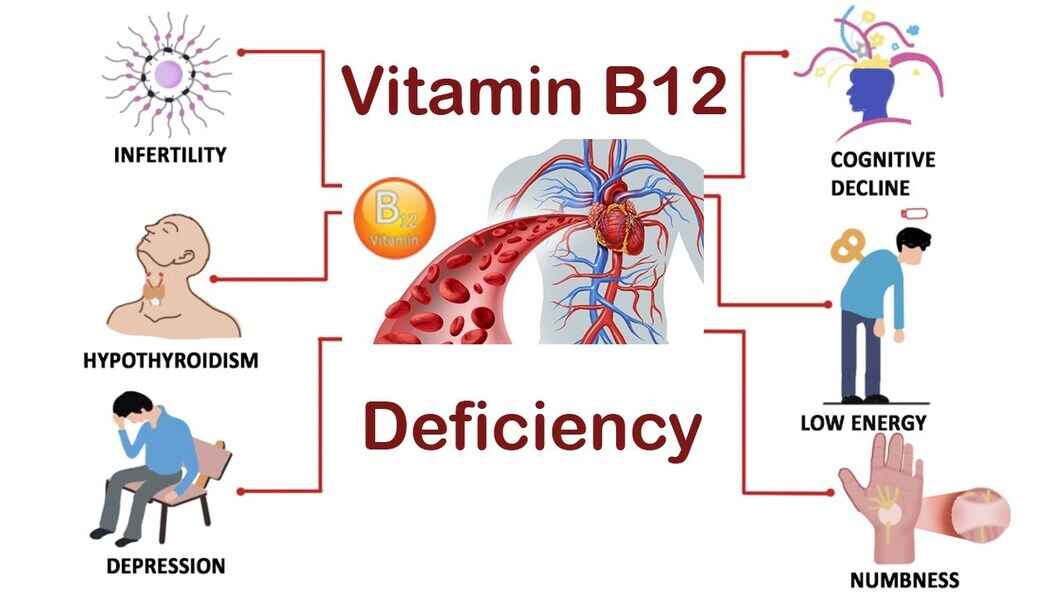


Comments
Post a Comment